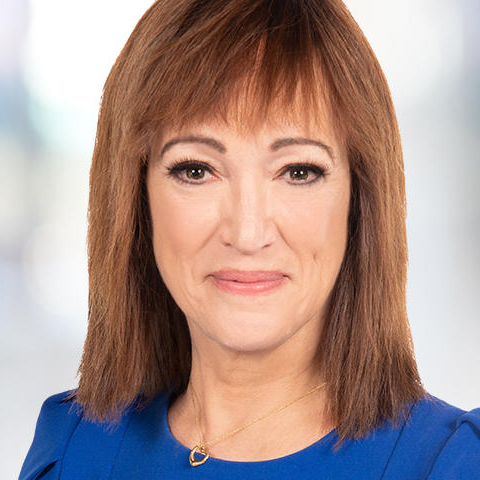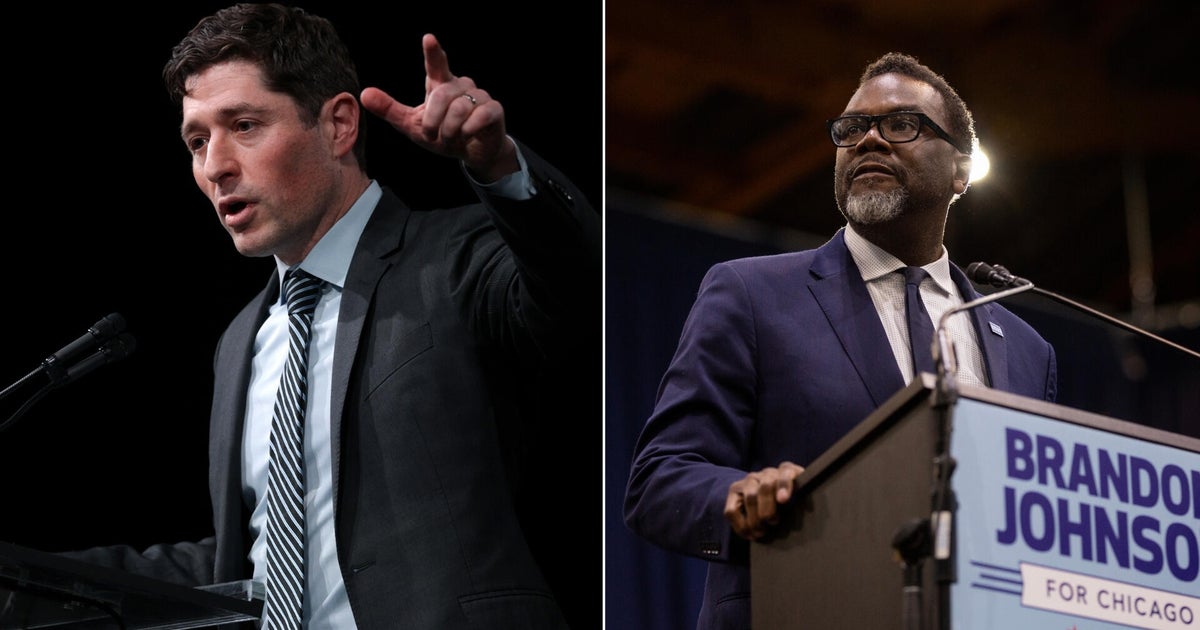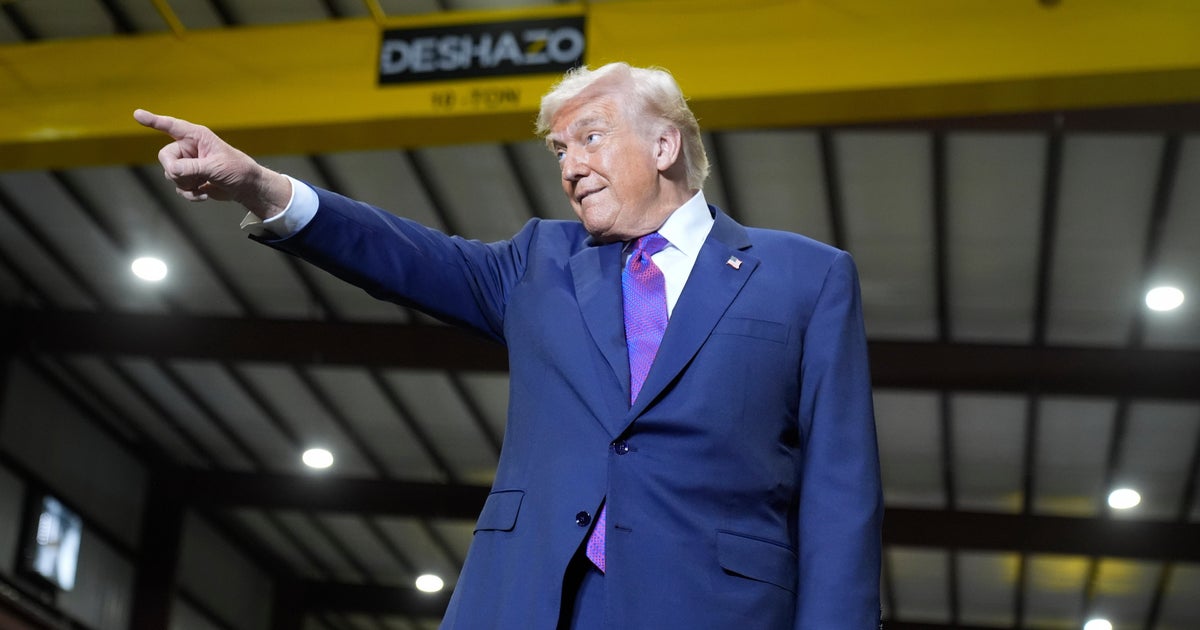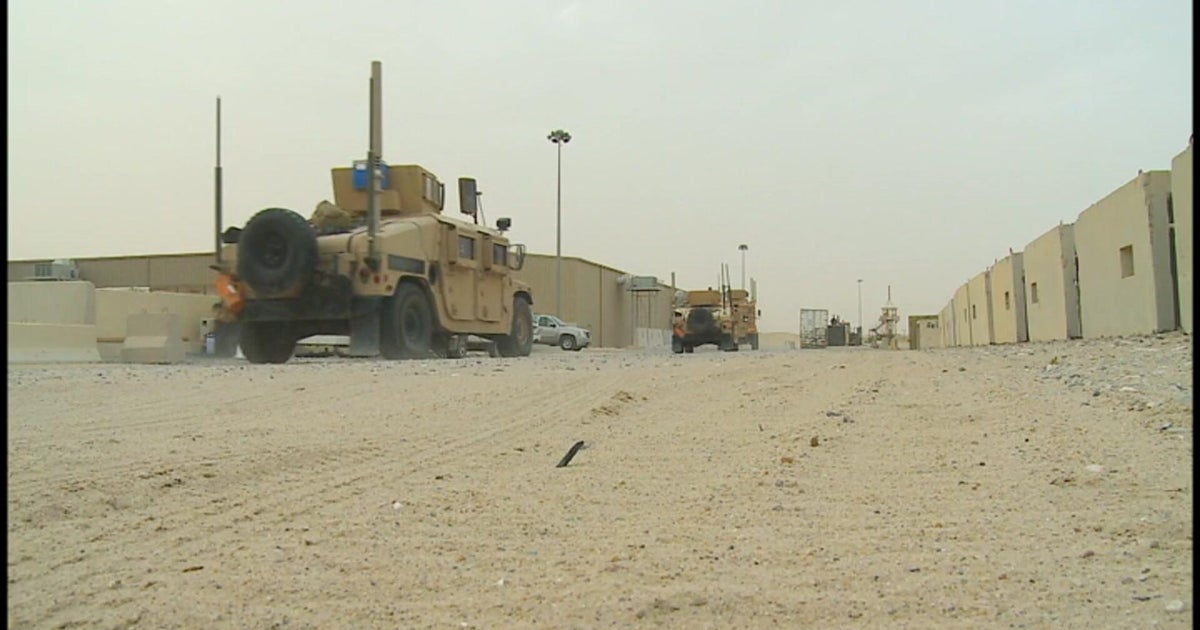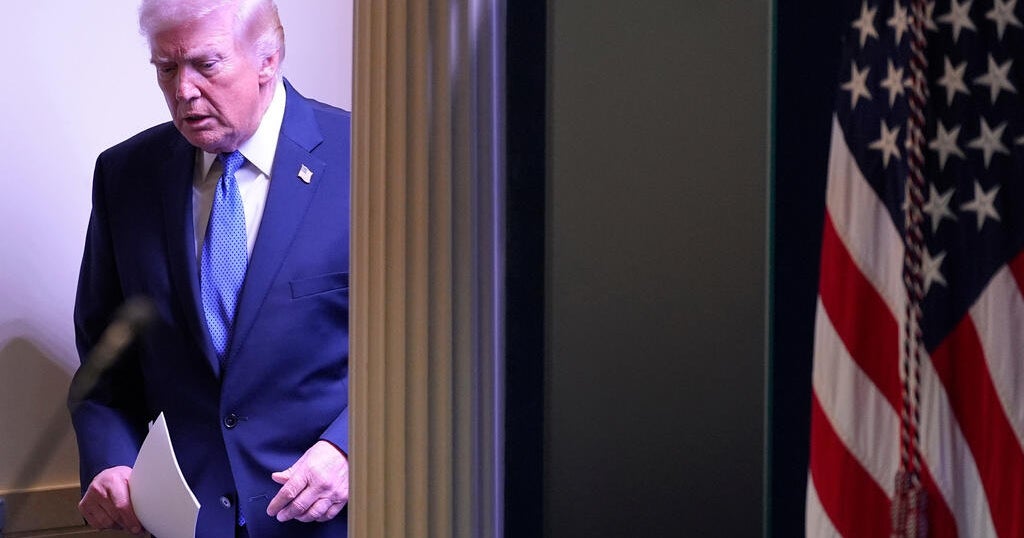What Latino voters in Minnesota are motivated by this election
MINNEAPOLIS — In the bustle of Mercado Central in Minneapolis, a hub housing Hispanic businesses, advocacy groups and restaurants, WCCO asked people what worries them.
There are 345,000 people in Minnesota who identify as Latino. As a group, they could prove decisive in the outcome.
"That really hurt when I heard on the news the kind of language some politicians used against immigrants," Columbia Reyes, a business owner, said.
While she blames former President Donald Trump and his supporters for the negative language about immigrants, she is undecided when it comes to voting.
"Both the candidates, they have good things. If we could combine the two together, probably can we get one but at this point I am still deciding," Reyes said.
She was the only undecided voter WCCO spoke with on Thursday.
"At this moment, the immigration issues, the way people are showing immigrants as inadequate," Diego Cardozo, an insurance agent, said. "I think Kamala responds more to the interest of the immigrant community."
Several people WCCO spoke with are not yet U.S. citizens.
"We are a mixed-status family. That means that some of our family members are undocumented, some are citizens and I am a permanent resident," Emilia Gonzalez Avolos said.
All three of her children and all her grandchildren were born in the U.S. and are American citizens. She worries that Trump would take away their birthright citizenship and make it more difficult for her citizenship application to go through.
"I am worried about someone having the power to contest naturalized approved residents," Gonzalez Avolos said.
While she can't vote, her 15-year-old daughter is volunteering for Vice President Kamala Harris and her son has made up his mind.
"My older son, he is a salesman and an entrepreneur. He is also voting for Kamala Harris," Gonzalez Avolos said.
The issue of birthright citizenship came up a number of times at Mercado Central.
Trump has said he would like to end birthright citizenship and that he could do it by executive order.
Hamline Law Professor David Schultz says that is not correct. He says birthright citizenship is enshrined in the 14th Amendment and would take a constitutional amendment to be overturned.
